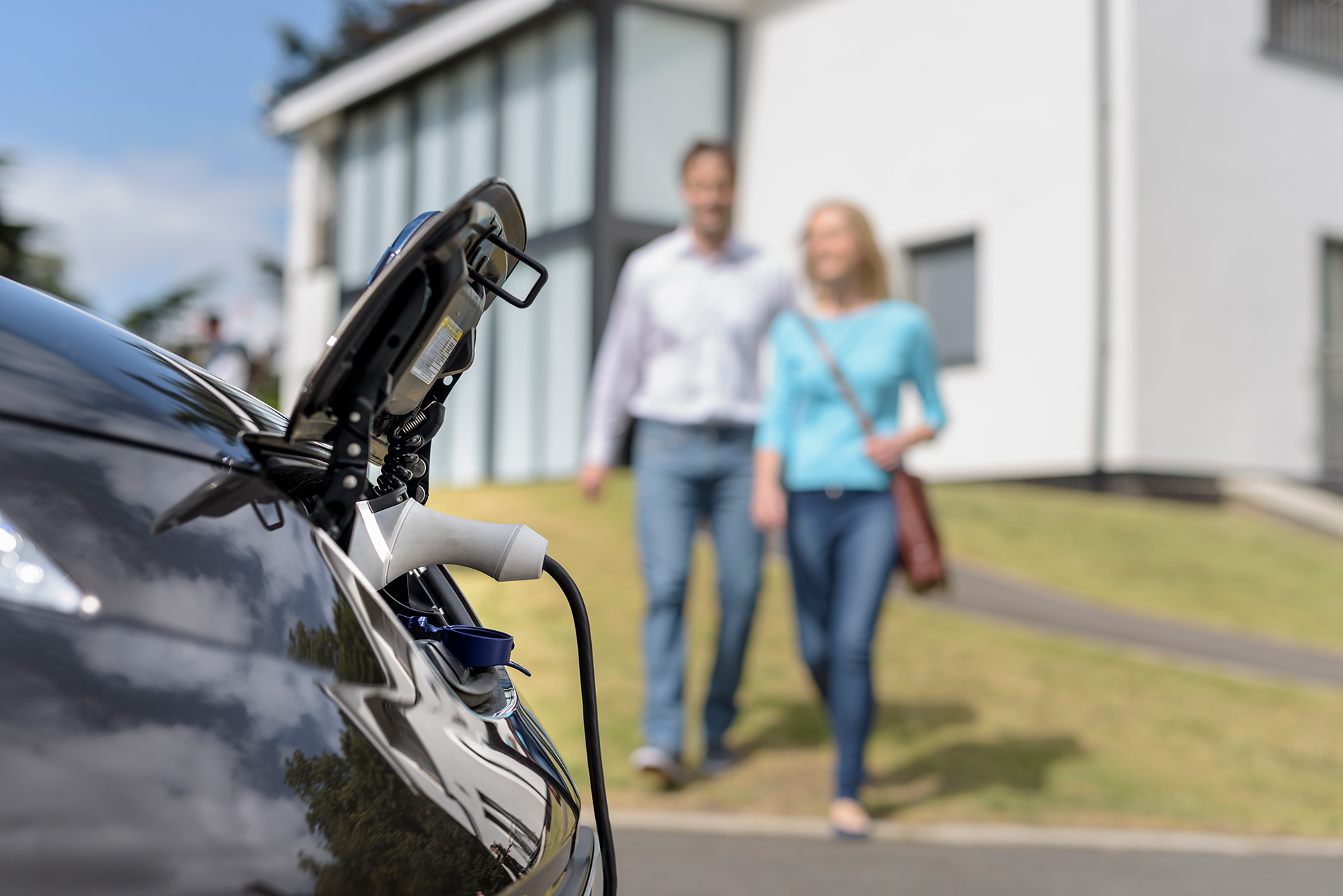9 November 2019
UK to take a leading position in defining international interoperability standards.
The interoperability needed to give consumers convenience and choice will only be achieved if common design approaches are adopted across the EV sector. Against this ambition, it is important to recognise that EV charging is an evolving marketplace where technical innovation is to be encouraged. Premature standardisation can have a dampening effect on this innovation. Proposals have been developed that seek to balance these objectives, with greater market freedom earlier but a clear direction of travel that the development of appropriate standards, combined with market forces, will lead to greater interoperability sufficiently quickly. It follows that Government should encourage industry to move towards interoperability in the short-term whilst monitoring developments with a view to intervening if interoperability is not delivered by industry.
Government should work with industry to encourage the adoption of common international ‘whole-system’ standards to cover all aspects of EV charging (cyber security and grid security are discussed in Proposal 2), whilst allowing companies to go their own way, if needed, for new services that are beyond current standards. Given the wide range of industry stakeholders who will benefit from this process, a coordination body should be identified by government and industry to oversee the proposed review. This work has been started by BEIS and OLEV who have sponsored the development by the BSI of two Publicly Available Specifications (PAS) to cover Energy Smart Appliances (ESAs) [25] and Demand Side Response (DSR) [26] .
It is proposed that Government should:
By no later than 2025 industry must have reached convergence on a preferred set of standards that meet interoperability requirements across the EV charging infrastructure. Government must intervene if this is not achieved. Government and industry should, as a matter of urgency, review, define and propose international standards for communications, data and security protocols in order to meet this goal.
To support this work government should establish a body with industry to coordinate the involvement of industry stakeholders.
